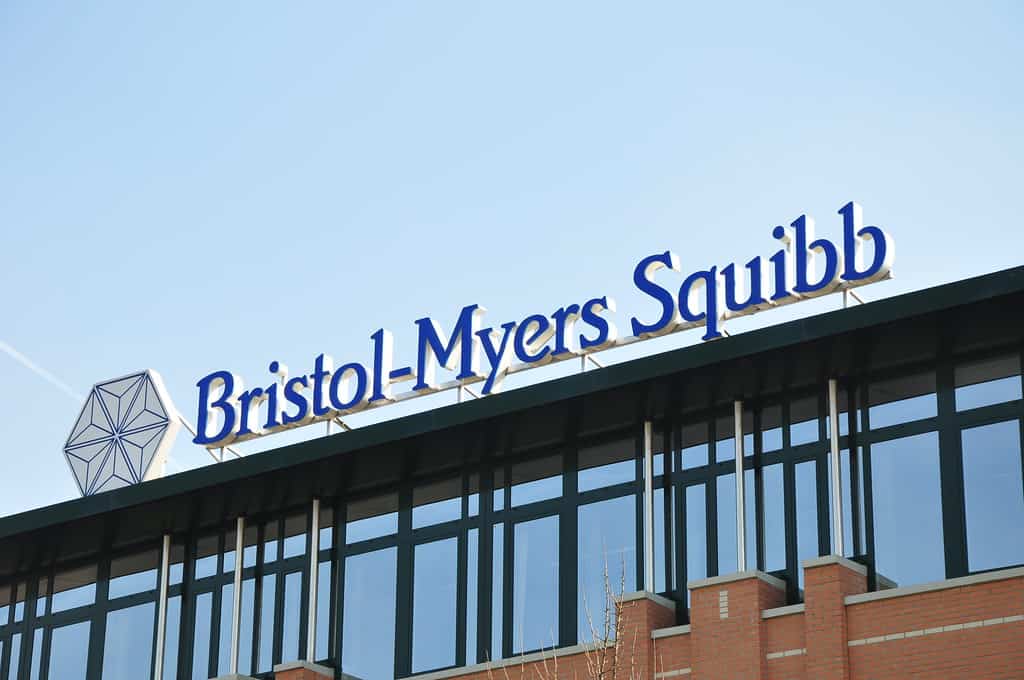
Phase 3 kidney cancer trial of Bristol Myers Squibb’s Opdivo and Exelixis’ Cabometyx meets primary endpoint
pharmafile | April 21, 2020 | News story | Manufacturing and Production | BMS, Bristol-Myers Squibb, Exelixis, bristol myers squibb
Bristol Myers Squibb and Exelixis have announced that the Phase 3 trial investigating the combination of Opdivo (nivolumab) and Cabometyx (cabozantinib) in treating patients with metastatic renal cell carcinoma (RCC) has met its primary endpoint.
The studies looked at patients with previously untreated or advanced RCC and they were randomized to receive either the combination of the drugs or Pfizer’s Sutent. The top line results showed that the combination of opdivo and Cabometyx significantly reduced the rise of death or disease progression compared to Sutent. This was done with a hazard ratio of 0.51.
It met its primary endpoint of progression-free survival as well as the secondary endpoints of overall survival at a pre-specified interim analysis and objective response rate.
Gisela Schwab, Chief Medical Officer at Exelixis, said: “We’re delighted that the trial met its primary endpoint of progression-free survival as well as the secondary endpoints of overall survival and objective response rate, demonstrating consistent benefit for the combination in previously untreated renal cell carcinoma patients. We look forward to our continued collaboration with Bristol Myers Squibb as we work toward regulatory filings in the near future.”
The companies also stated that the combination treatment demonstrated a favourable safety profile, with only a low amount of patients discontinuing treatment due to adverse reactions.
Brian Lamon, Bristol Myers Squibb’s development lead for genitourinary cancers, also commented on the results and said: “Given the growing body of data showing that Cabometyx may create a more immune-permissive tumour environment that may enhance response to immune checkpoint inhibitors, we have been eagerly awaiting the results. We look forward to working with global health authorities to help bring this new combination regimen to previously untreated patients.”
Opdivo is currently approved for use in patients with advanced RCC who have received prior anti-angiogenic therapy. Last year the FDA authorized Merk & Co.’s Keytruda in combination with Pfizer’s axitinib as a first line treatment for patients with advanced RCC.
Conor Kavanagh
Related Content

Elekta and BMS partner for digital treatment for melanoma
Elekta and Bristol Myers Squibb have announced a pilot collaboration in which the companies plan …

FDA approves BMS’s Augtyro for lung cancer treatment
Bristol Myers Squibb has announced that the US Food and Drug Administration (FDA) has approved …

BMS acquires Mirati Therapeutics for $4.8bn
Bristol Myers Squibb (BMS) and Mirati Therapeutics have announced that they have entered into a …








